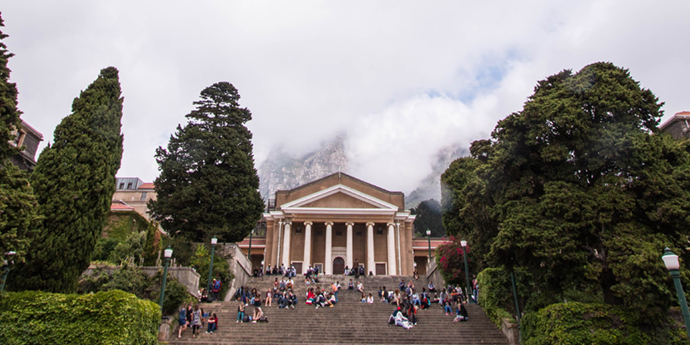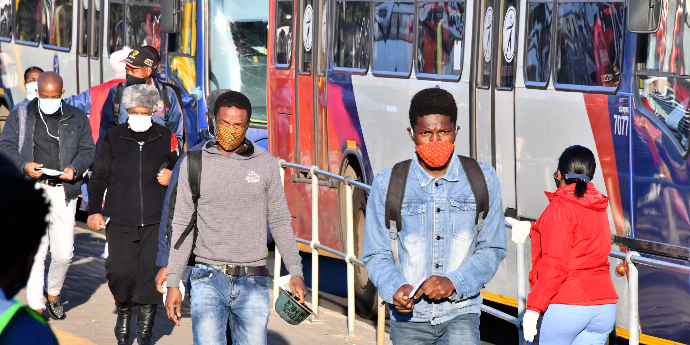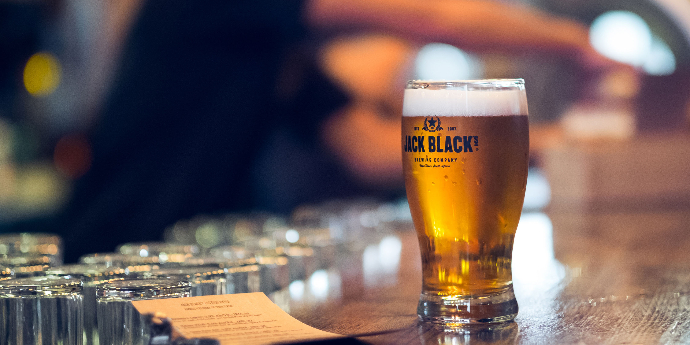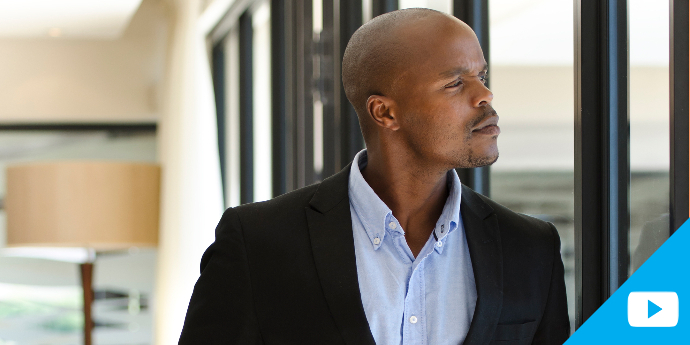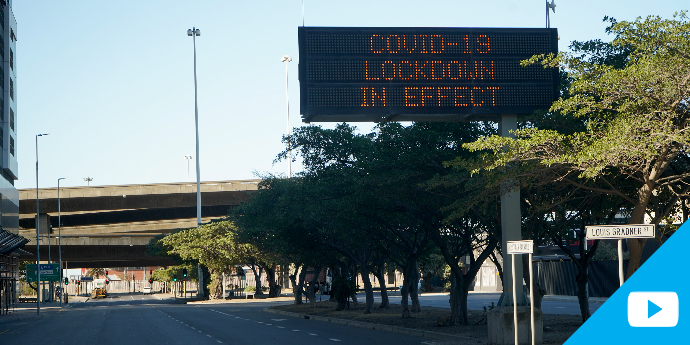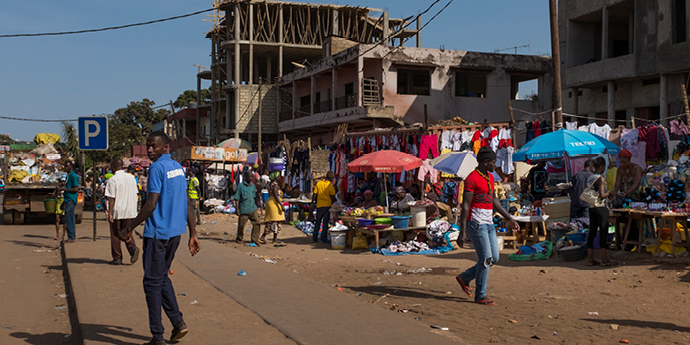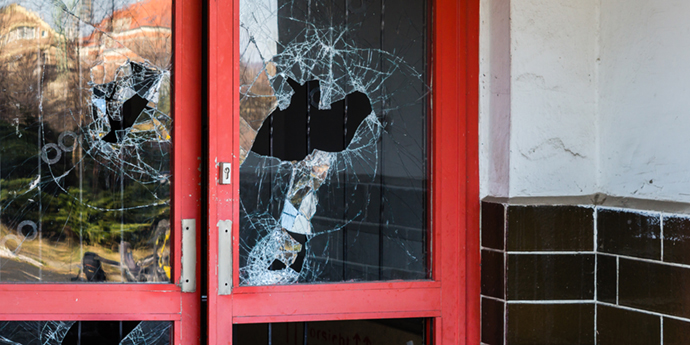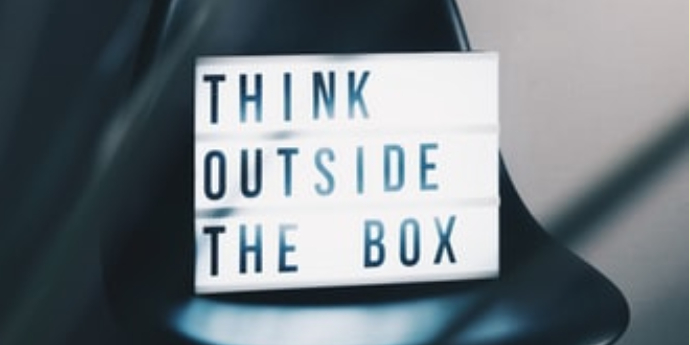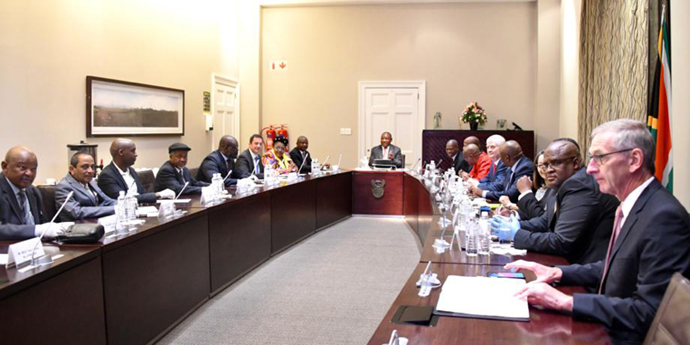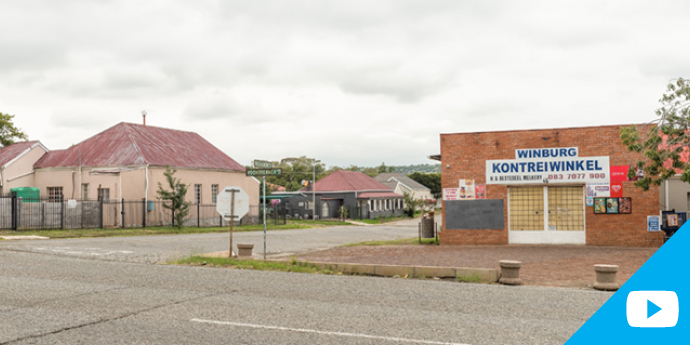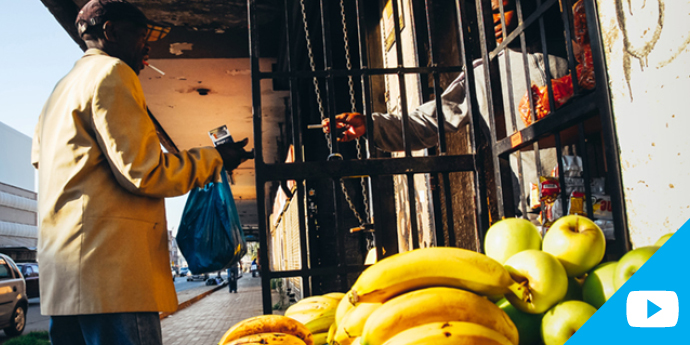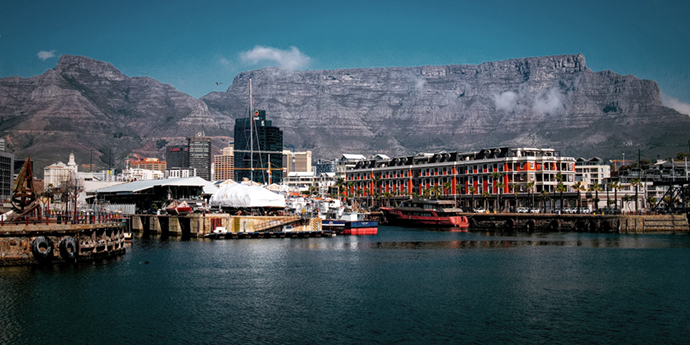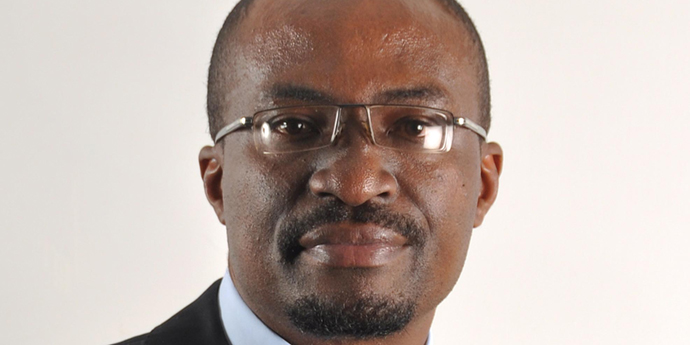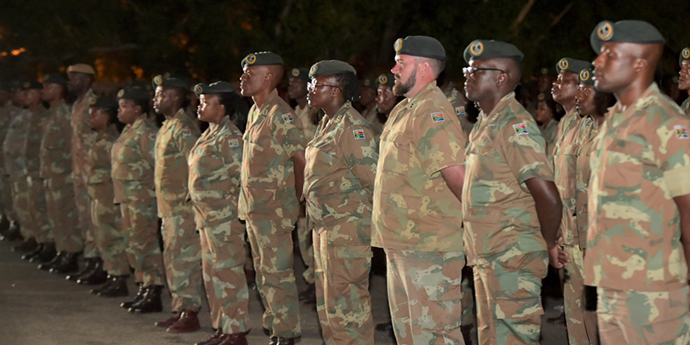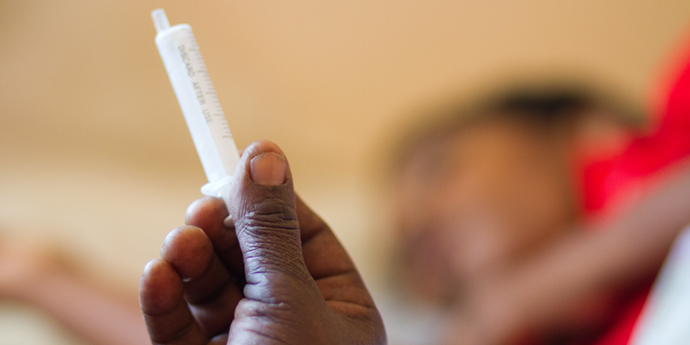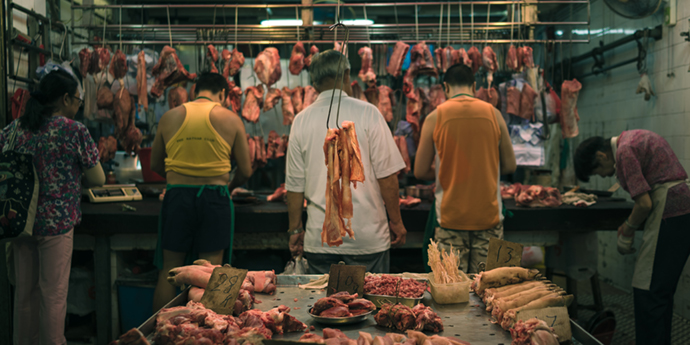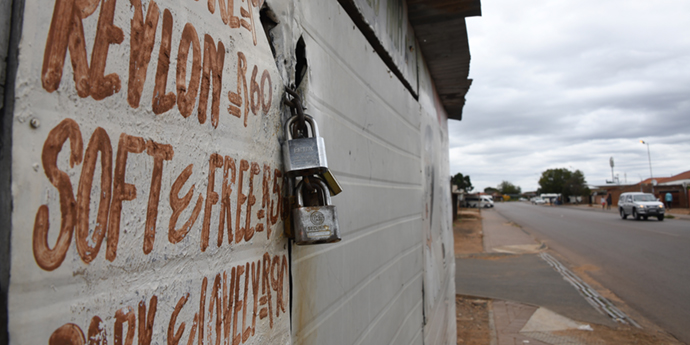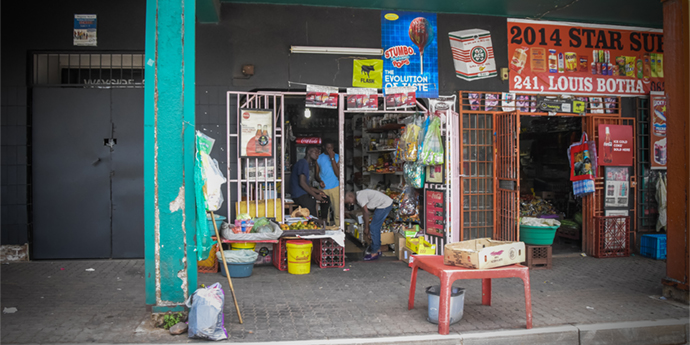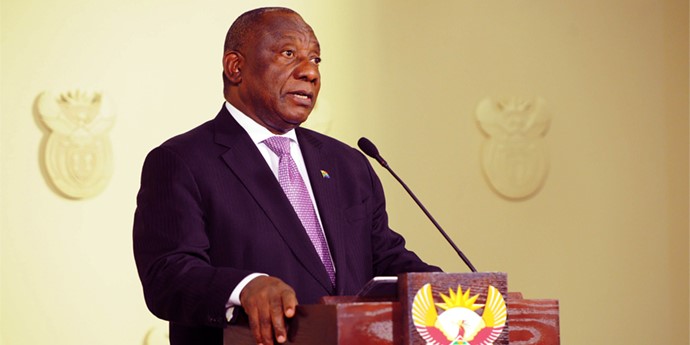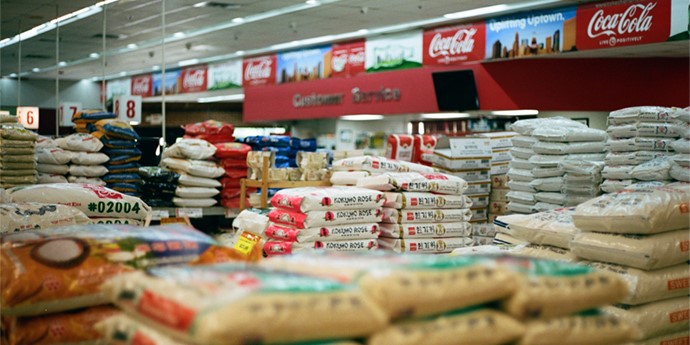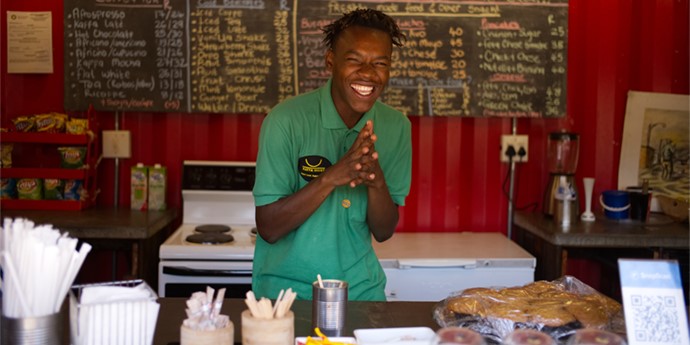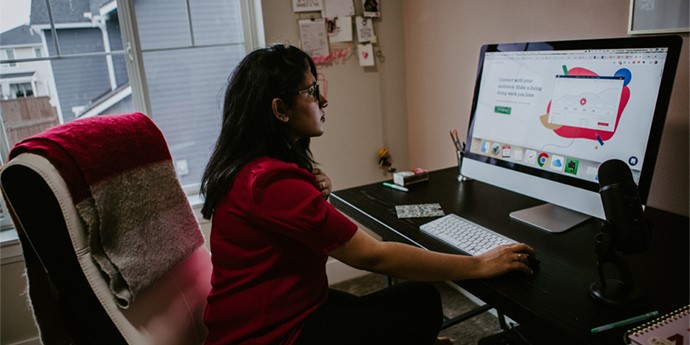A national disaster declared on top of a technical recession and a standoff between the ANC and its alliance partners means that we can expect the SA economy will remain in a downward cycle for the foreseeable future — our only hope lies in building social cohesion in the face of crisis.
The onslaught of depressing economic news and data in the last couple of weeks — not the least of which was confirmation from Stats SA that SA slipped into a technical recession for the second time in as many years — has been relentless. And then Covid-19 struck.
The country was already bracing itself for further economic shocks as Tito Mboweni drew the battle lines in his recent budget, declaring government’s intention to slash R160bn from the state wage bill in an attempt to cut spending and stabilise the country’s finances. With a massive debt-to-GDP ratio, growing budget deficit and shrinking economy, it’s clear that, as President Cyril Ramaphosa stated in 2019, “our resources are depleted”.
Whether Moody’s will finally downgrade the country to ‘junk’ status in the midst of global Covid-19 economic mayhem is difficult to say — the rating agency could wait until the end of the year to allow the world to stabilise, or the downgrade could simply get lost in all the other volatile market news. However, a full-scale revolt by unions that are refusing to accept a 0% wage is more to likely contribute to more economic hardship. While middle class South Africans retreat into the relative safety of their homes to wait out the Covid-19 threat, the poor and working classes must rely on the depleted public sector for assistance. As the tourists go home, shops and factories close and the JSE continues to tumble along with stock exchanges across the world, there is a rising risk that we could see a jobs bloodbath across the board, and a further decline in government revenues. As a result of state capture, South Africa no longer has the surplus for stimulus packages or protective interventions. Hence, never before has there been a greater need for a consensus among civil society, government, labour, and business about how to buffer small businesses and vulnerable employees from the ravages of the economic calamity.
One glimmer of hope is that after two years of Ramaphosa’s trademark consultative leadership, he has, as Judith February recently commented “met the political moment”. Stepping up to lead during the crisis, where his counterparts in the UK and the US have failed to show leadership, has been largely applauded with other political parties falling in behind him to pledge support. Since coming to power, Ramaphosa has repeatedly called for a restoration of the social compact but his calls have fallen on deaf ears as the country fractured. One of the reasons for this is that Ramaphosa has been criticised for not acting decisively or fast enough to address state capture and has been seen to be hamstrung by having to placate an increasingly frustrated tax base and burgeoning desperate disenfranchised population, while appeasing the competing government factions and alliance partners. But in this unprecedented time, some of these challenges may be put into perspective as we realise what unites us is more important than what divides us. This may create a small window of opportunity to build social cohesion even as we cultivate physical distance.
Rather than raw self-interest that often dominates our behaviour, it is vital now that we take steps toward a more cohesive society, one that builds bonds between compatriots through cooperation and compassion which will deliver collective social and economic benefits. Focusing on social cohesion at this time will not only offer hope of healing some of our social fractures but may be the key to minimising the impact of the economic downturn.
And with the global economy also reeling, this might be the bitter pill that the country needed to jolt it into taking drastic reforms to get our finances on the road to recovery. This is perhaps a chance to take stock of how we can build an economy and a future that is more sustainable and inclusive.
Sean Gossel is an associate professor and research director at the UCT Graduate School of Business. Athol Williams is a senior lecturer in the Allan Gray Centre for Values-Based Leadership at the UCT GSB.





